#Reza Aslan
Text
Prophets don't create religions. Prophets reform their own religions.
Jesus did not create Christianity, he was a Jew reforming Judaism. The Buddha was not a Buddhist, the Buddha was a Hindu reforming Hinduism. The prophet Mohammed (PBUH) did not create Islam. Over and over again in the Quran he's constantly saying: this is not a new message, this is not a new religion, this is the exact same message that was given to every prophet that came before. Their god and your god are the same.
It's the prophet's followers, regardless of what religion you're talking about, who are then tasked with creating some kind of institutionalized Thing out of the prophet's words and deeds.
All religions were created by followers of the prophet, not by the prophet themself.
—Reza Aslan
I was listening to this interview with Aslan and very struck by this idea. From what I know, I agree with the statement about Jesus, but don't know enough to know if he's right about the Buddha and Mohammed (PBUH).
Very interested on thoughts about this from people in the know.
43 notes
·
View notes
Text

2 notes
·
View notes
Text
Islam as Progressive, Reformed Christianity: 10 Reasons We Don’t See That
Islam as Progressive, Reformed Christianity: 10 Reasons We Don’t See That
Living here in Spain, for the last few months has given me a new appreciation of Islam. As some might remember, my wife, Peggy, and I are here with our daughter, son-in-law, and their five children (ages 3-14). We plan to stay till the end of June.
Our rented apartment stands in Granada’s historic Albaicin district overlooking the 10th century Islamic walled city, the Alhambra. Right next to…

View On WordPress
#Albaicin#Alhambra#Christianity#Crusades#Ecumenism#Eurocentrism#Holy Quran#House of Wisdom#Islam#Islamophobia#Mithra#muezzin#Muhammad#Mystery Cults#Nicaea#Reformation#Reza Aslan#Spanish Inquisition
2 notes
·
View notes
Text
youtube
the daily show - reza aslan
"why hasn't god just settled this?"
1 note
·
View note
Text
Readathon 2014
Jeg varmer op til #Readathondk
Skal du være med?
http://wp.me/p30SSz-fQ
Som den opmærksomme læser nok har opdaget, så er jeg blevet bogkåd. Eller det vil sige: Jeg er i hvert fald begyndt at læse og anmelde en masse bøger. Derfor var det da også kærkomment, da jeg blev præsenteret for Readathon.
Readathon er et internationalt koncept, hvor man læser i 24 timer. Eventet foregår på div. sociale medier, hvor man deler ens fremdrift og hepper på hinanden.
På lørdag d.…

View On WordPress
#readathondk#Ære og Skam#Bill Gates#Den Niende Indsigt#Grib fremtiden#Islam#James Redfield#Jostein Garder#Kun En Gud#Naser Khader#Readathon#Reza Aslan#Sofies Verden
0 notes
Text
Gelezen
Mrs England: pagina 99 t/m 153
Ik begin het idee te krijgen dat Mr England niet is, zoals hij zich voordoet in het bijzijn van anderen. Wel moet blijken of hij zich ook anders tegenover de kinderen gedraagt. Al is aan de reactie van de kinderen dit niet te zien. Ze lijken een goede band met hem te hebben.
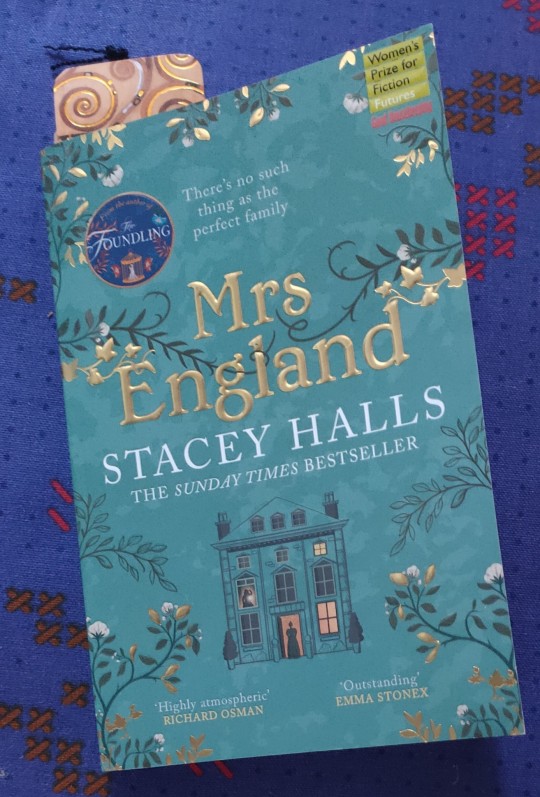
God: a human history - pagina 51 t/m 111
In het tweede gedeelte kijken wij naar goden die erg sterk op mensen lijken. Een paar van deze religies had ik al weet van, maar de theorie achter waarom de religies gevormd werden was uitermate interessant. En het is ook best logisch. En daardoor leer ik niet alleen over de geschiedenis van de religie, maar ook van de maatschappij, groepen en samenleving die door de geschiedenis gevormd werden en waarom. Ik pik blijkbaar ook wat antropologie op.

0 notes
Note
Hello, I saw your post on religions book recs. I am myself struggling to find good recs for islam. Would it be okay to share your friend's recommendations for islam books? Hope you have a good day either way!
Absolutely! I know it can be a pain in the ass; it seems like the books I find recommended online by actual Muslims skew towards recs for people who want to convert, and I'm a little suspicious of other random recs because I have no idea if it's going to be shitty and bigoted or not, unless it's super obvious from the rec/title, since I don't have enough context to make judgements when it's more subtly fucked up.
(Also wow that post is from a while ago I'm surprised you saw it!)
The main book that I've read that has been super helpful for an overview was No god but God by Reza Aslan. She recommended him as an author in general, and that's the one I picked up. It's engaging and I love all the historical context around the origins of Islam. The bibliography and citations are also SO rich and I'm interested in these books that he cited:
The Veil and the Male Elite by Fatema Mernissi
Women and Gender in Islam by Leila Ahmed
She also recommended Servants of Allah by Sylviane A. Diouf which is specifically about enslaved African Muslims in the Americas. I've read that one as well, and I found it a little hard to follow at times, but it was really interesting.
I'm borrowing her copy of The Flowering of Muslim Theology by Josef Van Ess, which is SO dense and SUCH slow going but really interesting when I actually understand what the hell he's saying.
She also recommended the author Karen Armstrong, a book called The Story of the Prophet that I haven't actually been able to track down, a book called After Mohammed that I also haven't been able to find, and one called Reasoning with God, which I think is probably the one by Khaled Abou El Fadl (haven't read it yet).
I hope this helps!
#life#anonymous#reading#books#my book recs#well... sort of. also kind of someone else's book recs I'm passing on. but I know I've recced the Reza Aslan one before (it's good!)#also for those of you in the know the woman who recced these books is the one I refer to as [redacted] lol. lore I guess.
2 notes
·
View notes
Text
Yellowjackets has infected my mind so hard, I’m reading a book right now on the image of god and the origins of religion and all I can think about is how it applies the the origins of the cult in yj.
I am unhealthily obsessed.
5 notes
·
View notes
Text
The lesson to be learned from the epic life and tragic death of Howard Baskerville is that the markers of identity we rely on to separate ourselves into different tribes serve only to mask the humanity we all hold in common.
1 note
·
View note
Note
hi kitty! would you mind listing a few of your favorite non-fiction books? any subject is fine, im just interested in expanding my horizons a little and some of the non-fiction you've mentioned has sounded very interesting. thank you! :)
Debt: The First 5,000 Years by David Graeber
The Cadaver King and the Country Dentist by Radley Balko
Sandy Hook by Elizabeth Williamson
And the Band Played On by Randy Shilts
Supreme Inequality by Adam Cohen
Never Caught by Erica Dunbar
A Libertarian Walked Into a Bear by Matthew Hongoltz-Hetling
The Invisible Bridge by Rick Perlstein (this is kind of the second in a trilogy but i liked it the best of the three, totally recommend reading all of them tho)
Odd Girls and Twilight Lovers by Lillian Faderman
Subversives by Seth Rosenfeld
Bag Man by Rachel Maddow
The Feather Thief by Kirk Johnson
Zealot by Reza Aslan
Caste by Isabel Wilkerson
American Apocalypse by Matthew Sutton
228 notes
·
View notes
Text
some notes on sufism

The other day I went to the Harvard Divinity School Muslims iftar (the meal that breaks the fast during Ramadan), which was followed by a concert of Turkish music that is traditionally performed in Sufi lodges in Istambul. Before the music began, the professor I’ve been auditing Islamic literature classes with read some verses from Rumi’s Masnavi and offered a meditation on fasting through an interpretation of the lines: “If you have closed this mouth, another mouth is opened, which becomes an eater of the morsels of mysteries.” That is the nature of mystical knowledge—gnosis (or maʿrifa) is not understood intellectually, but tasted (dhawq). The closing of the bodily mouth is an opening of the spiritual mouth. He asked us to listen to the music with the inner heart.
I went with my friend S, who has been nudging me toward conversion. I’ve been allergic to religion most of my life because I’m not really much of a joiner. I distinctly remember being in (Catholic) Sunday School as a child and thinking to myself: This sounds fake to me. As in, made-up, irrational. The people who treated the fanciful stories like fact seemed like crackpots to me, even to my child-mind. I don’t think I ever believed in Santa either—I guess my disposition was innately skeptical; perhaps that contributed to my identification with anarchism from when I was 13 or 14. Yet at the same time, my feeling for the invisible, for the world of the dead, was always quite strong, even when it was unstitched from a belief system. As a kid I would wander the house alone at night, thinking I could hear my dead parakeet chirping from a shoebox in the garage.
I hated Sunday School. While I was always good at school-school (at least when I was a child, before I became an incorrigible truant), I was terrible at Sunday School. Because it seemed like hocus-pocus to me, none of it stuck. My classmates had internalized all the stories I thought were outlandish. During mass I would think exclusively about donuts, the ones we would buy from the ladies who would sell them as a fundraiser. I’ve thought about returning to Catholicism, but sadly, after the post-1970s political realignment in the US, all the leftist Catholics (the Marxists who loathed the Vietnam War and exposed the FBI’s COINTELPRO) are gone. As much as I love reading Catholic mystics (St Teresa of Avila, St John of the Cross, Angela of Foligno, Hildegard of Bingen, Meister Eckhart, Marguerite Porete, and others), Christian mysticism is more individualist than Islamic mysticism—asceticism and separation from the group is the way to commune with God, while Islamic mysticism is rooted in communal practices like sama (singing, dancing, reciting poetry, playing/listening to music) and dhikr (communal prayer for the remembrance of God). While Christian mysticism bears the imprint of the Neoplatonist trajectory of ascent, for Sufism, the trajectory is shaped like a paisley. After fana (annihilation of the ego/union with God/dying before you die), there is baqaa or subsistence, a return of sorts.
I also much prefer the Islamic orientation to the created world than the Christian one, for in Islam, everything in creation can be understood as the breath or speech of God. The Hadith on which Sufi cosmology is based reads, “I was a hidden Treasure and Loved to be known, so I created the world that I might be known.” All of creation is a mirror to reflect God (this is why you must polish the rust from your heart, for the human heart can manifest all the names and qualities of God). In the Islamic mystical tradition there is an affirmation of the created world even though God and creation are not the same (as is the case in Pantheism). Everything has ontology. Nothing has ontology. The Sufi metaphysicians ask us to see with two eyes. The drop is not the ocean at the same time it cannot be separated from the ocean.
7 years ago I read Reza Aslan’s God: A Human History. After sampling the platter of world religions I joked to myself, Hmmm, if I had to pick the one I vibe with most, I guess it would be Sufism (Islamic mysticism). I didn’t know anything about Sufism other than the Rumi and Hafez poetry I read as a teenager, but the way Aslan described Ibn ‘Arabi’s concept of 'wahadat al-wujud' (or Unity of Being) reminded me of Spinozism. I guess what I’m trying to say is...I just think Sufi metaphysics is...right. Or, it speaks to how I tend to think about reality. It’s not something I can prove (that I don’t exist, while at the same time I am part of the ALL that is God), but it makes the most sense to me.
In the Sufi literature class, S jokes to me: “You’re the only non-Muslim in this class.” The same was probably true at the iftar + concert. S points to someone from the class: “The Maoist is a recent convert. This is their first time fasting for Ramadan.” “Is [our professor] fasting?” “Of course. I saw him at the iftar last night and talked to him about translation. I told him it’s ghastly to try to fit Persian verse into an English rhyme scheme. He agreed with me.” (We are clearly partisans of blank verse translations… yet so much of what’s out there has been poorly translated or not translated at all.)
Much of the lyrics sung with the gorgeous music were verses written by the great Turkish-language Sufi poet and mystic Yunus Emre ("the Dante of Turkey," I whispered to S). S was ecstatic listening to the haunting ney (a kind of flute). We just so happened to be sitting in the same row as the professor. I tapped S and whispered that it looked like he was really enjoying the music. He was smiling with his eyes closed and swaying his head from side to side. He looked like he was having...a profound experience. This prof usually has what I guess you’d call ‘resting bitch face’ (which I always found funny because it runs counter to his sweet and gentle personality). But not at the concert. Pure bliss was painted on his face. It was then that it dawned on me that Sufism, for him, was probably something more than a scholarly interest. I thought about what it must have been like to discover something so beautiful and profound, and to know, in that moment, that your life will be changed forever—you might go off to Iran and devote your entire life to studying medieval texts.
Of course this Ramadan I am thinking continuously about the genocide in Gaza, how an entire population is being starved to death by the sadistic leaders of Israel, how terrible it must be to be bombed and shot at during the holy month, or to break your fast with boiled grass and animal feed. I feel truly ashamed to come from a country that is complicit in this violence. I hope everyone continues to apply pressure to end this war—it feels hopeless now, but it is making a difference.
17 notes
·
View notes
Text
Creo que casi cualquier cosa que nos ofrece la existencia puede ser una herramienta provechosa o un lastre desagradable, dependiendo del uso que le demos. Un buen ejemplo de ello yace aquí, en las redes sociales. En este medio pululan actitudes desagradables y desgastantes, las cuales a menudo consisten en arrojarnos odio los unos a los otros, muchas veces por razones nimias, muchas veces por motivos políticos (y unos gritan “¡Uribestias!” mientras otros responden encolerizados “¡Petristres!”, y no puedo menos que dudar en demasía de algún día ver una Colombia en paz cuando la mayor parte del tiempo estamos empujando a la otredad a coscorrones —je, je, me acordé de Germán Vargas Lleras— en lugar de tender puentes que nos unan como sociedad). Y al mismo tiempo, en las redes también están quienes prefieren compartir lo que, quizás, pudiera considerarse “bálsamos para el alma”: cuentas dedicadas exclusivamente a poemas, personas mostrándonos pinturas hermosas, o el usuario que entre meme y meme te habla brevemente de un libro, y luego resulta que es un texto que te deja maravillado.
Hace un par de años, alguien compartía en Twitter el enlace para leer en PDF el primero de los siete libros de “En busca del tiempo perdido”, y le quedo de por vida agradecido a esa persona anónima por engancharme a semejante obra. Una mujer de sonrisa hermosa me habló en Facebook de “El hombre mediocre”, y a pesar de ser un libro con poco más de un siglo, es una aguda y deliciosa radiografía de las sociedades latinoamericanas actuales. El año pasado, una morena de bucles preciosos y amante de los animalitos, y de nuevo en Twitter, compartía la imagen de la novela “Un caballero en Moscú”, que también resultó ser sencillamente todo un manjar. Y en algún hilo de esos de la red del pajarito azul, aparecía la pregunta por el origen de las religiones, y un muchacho, a todas luces bastante culto e interesante, intentaba responder a la pregunta a la vez que mencionaba tres libros: “Dios. Una historia humana”, “Las lagartijas no se hacen preguntas” y “Dios”. Pude hacerme al primero de esos tres títulos, y tal parece que, de nuevo, gracias a otra persona anónima en redes que te hace el regalo enorme de guiarte a una lectura interesante, tengo otra joyita entre manos. En redes sociales seguiremos tirándonos lodo mutuamente y compartiendo cosas bonitas. Y qué suerte lo segundo😊.
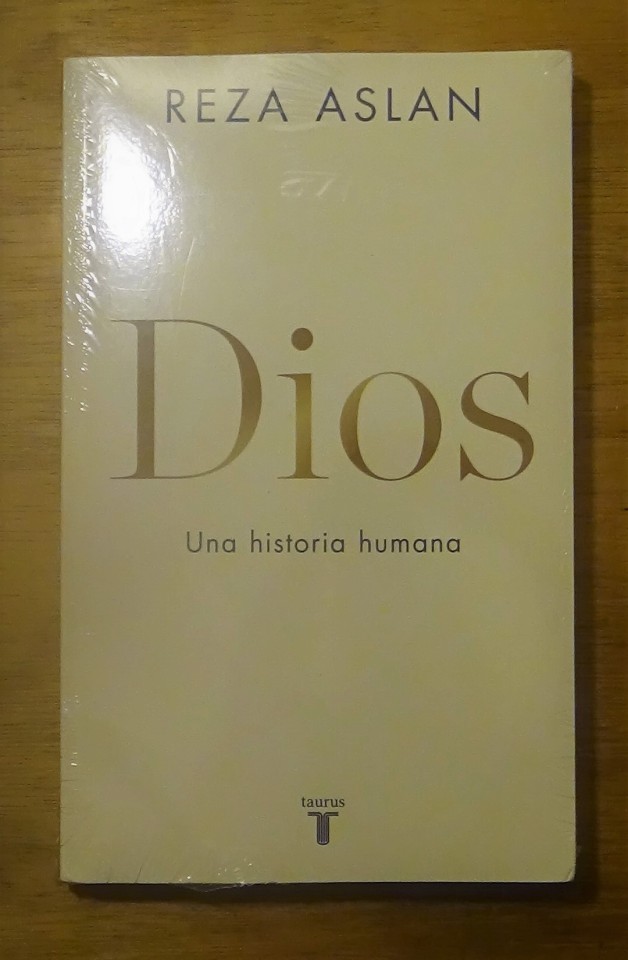
2 notes
·
View notes
Text

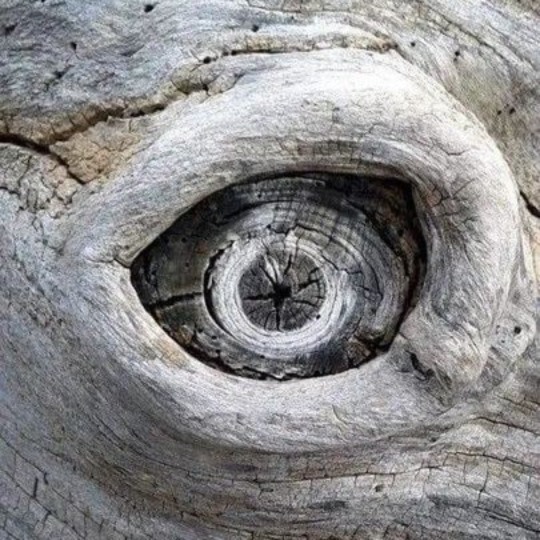





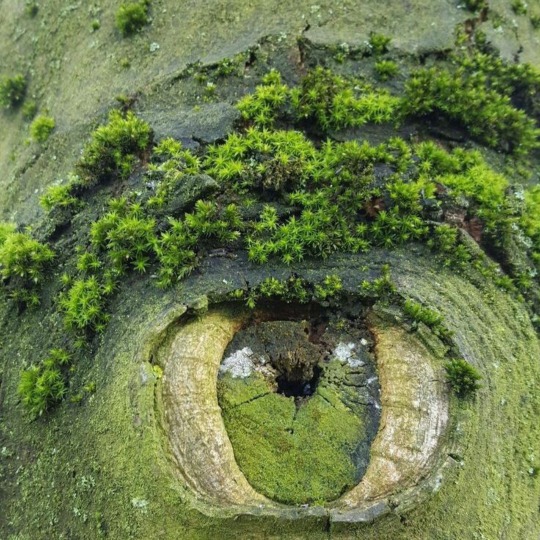


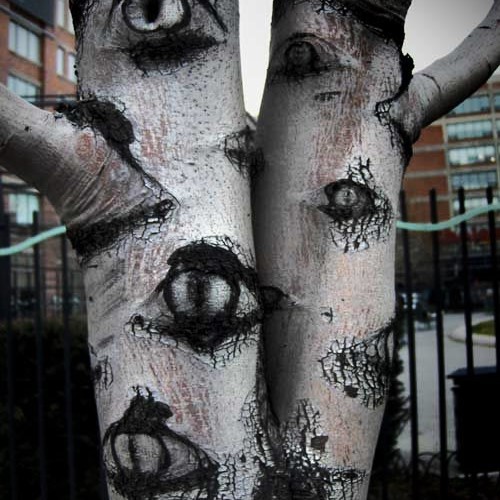
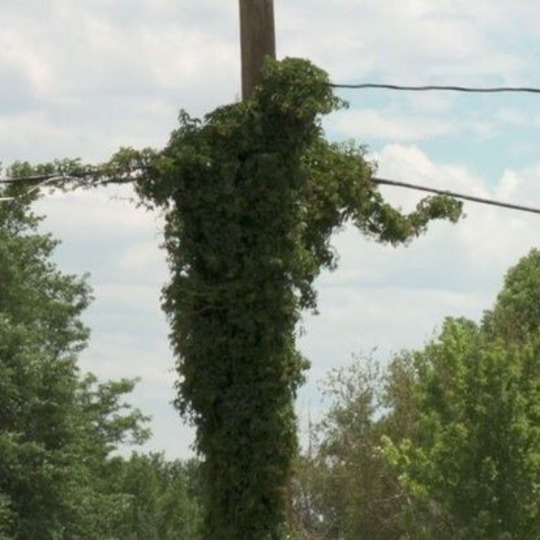

God: A Human History. Reza Aslan.
18 notes
·
View notes
Text
Imperialism, Israel, Hamas, and “Life of Brian”
Over the Thanksgiving holiday, our family watched together one of our favorite films, “Life of Brian.”
It’s the comic story of Brian Cohen, a Jewish man born on the same night as Jesus of Nazareth in an adjoining stable. Like the historical Jesus (described for instance in books like Reza Aslan’s Zealot), Brian becomes part of a political resistance movement intent on expelling Roman occupiers…
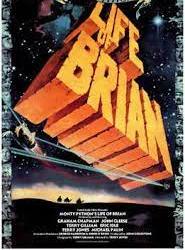
View On WordPress
#Calgacus#Crucifixion#Divide & Rule#Hamas#Israel#Jesus#Life of Brian#Monty Python#Oct 7th Hamas Attack#Propaganda#Reza Aslan#UN Charter Article 51#Zealot#Zionism
0 notes
Text
some of my fave fave books i think everyone should read (i know approximately 3 people will see rhis but i just wanted to make it for fun)
☆ braiding sweetgrass - robin wall kimmerer
☆ all about love - bell hooks
☆ the new life - orhan pamuk
☆ watership down - i forfot the author 💀
☆ earthlings - sayaka murata
☆ dark ecology - timothy morton
☆ the beauty of everyday things - soetsu yanagi
☆ after lockdown - bruno latour
☆ the mushroom at the end of the world - anna tsing
☆ speculative everything - anthony dunn and fiona raby
☆ how to do nothing - jenny odell
☆ im like a pdf but a girl girlblogging as a nomadic pedagogy - ester frieder
☆ the Tao te Ching
☆ Entangled Life - Merlin Sheldrake
☆ Dog Songs - Mary Oliver
☆ Radical Love - Omar Sadif
☆ No God but God - Reza Aslan
☆ Breasts and Eggs - Mieko Kawakami
☆ Masks - Fumiko Enchi
☆ Crying in Hmart - Michelle Zauner (japanese breakfast)
☆ The Sorrow of War - Bao Ninh
☆ The Crying of Lot 49 - Thomas Pynchon
24 notes
·
View notes
Text
2024 Book List
Here's a list of some new books I've found interesting and enjoyable in the last year or so. If you have any recommendations, send them in! (See previous book lists here)
Beyond Religion: Ethics for a Whole World by Dalai Lama (2020)
Love and Quasars: An Astrophysicist Reconciles Faith and Science by Paul Wallace (2019)
Stars Beneath Us: Finding God in the Evolving Cosmos by Paul Wallace (2015)
Return of the God Hypothesis: Three Scientific Discoveries That Reveal the Mind Behind the Universe by Stephen C. Meyer (2021)
The Essential Writings of Christian Mysticism by Bernard McGinn (2006)
Pastrix: The Cranky, Beautiful Faith of a Sinner & Saint by Nadia Bolz-Weber (2014)
The Making of Biblical Womanhood: How the Subjugation of Women Became Gospel Truth by Beth Allison Barr (2021)
That All Shall Be Saved: Heaven, Hell, & Universal Salvation by David Bentley Hart (2019)
The Gospel of Inclusion: Reaching Beyond Religious Fundamentalism to the True Love of God and Self by Carlton Pearson (2009)
Is God Real? Exploring the Ultimate Question of Life by Lee Strobel (2023)
Why? Making Sense of God's Will by Adam Hamilton (2018)
Losing Our Religion: An Altar Call for Evangelical America by Russell Moore (2023)
The Psychology of Christian Nationalism: Why People Are Drawn In and How to Talk Across the Divide by Pamela Cooper-White (2022)
How Jesus Became God: the Exaltation of a Jewish Preacher from Galilee by Bart D. Ehrman (2015)
The Unseen Realm: Recovering the Supernatural Worldview of the Bible by Michael S. Heiser (2015)
No god but God: The Origins, Evolution, and Future of Islam by Reza Aslan (2011)

7 notes
·
View notes